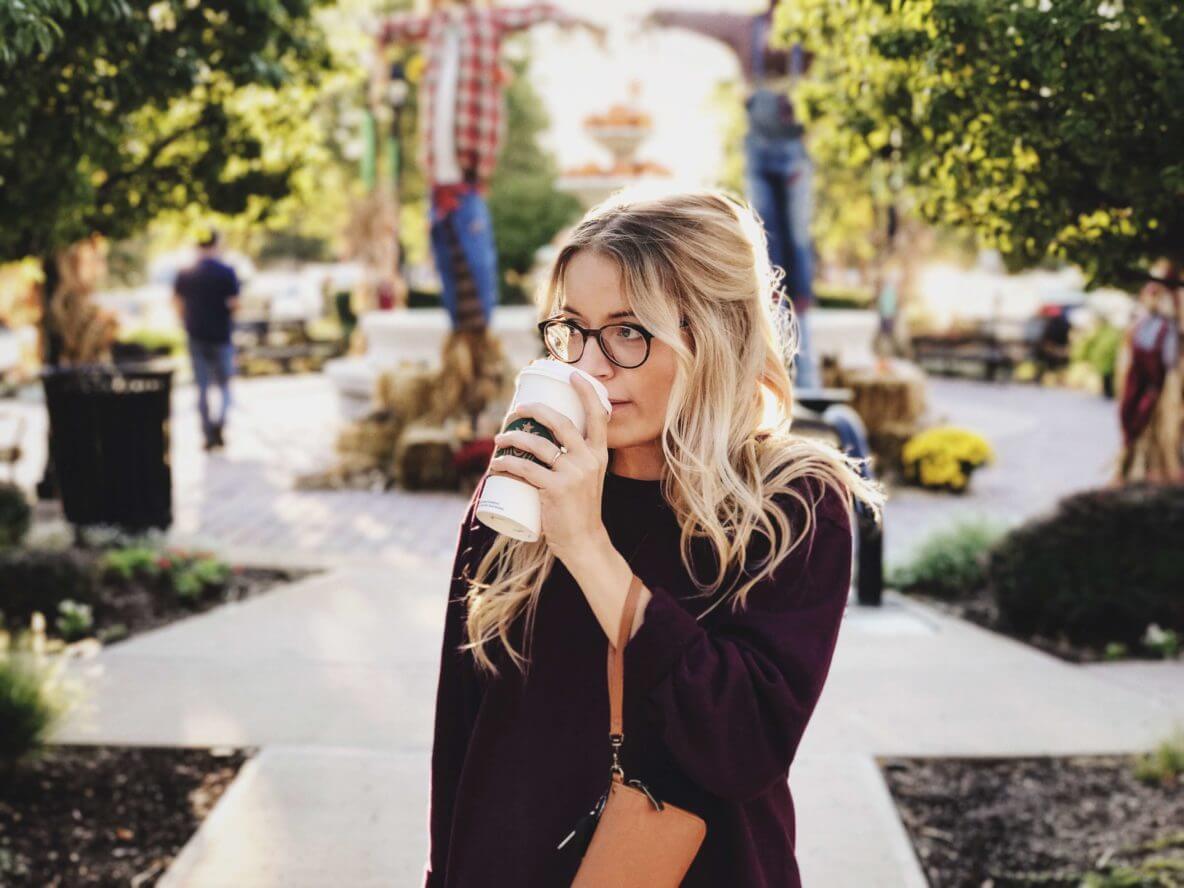
Inhaltsverzeichnis
5 Tipps, um deine Beziehung zu Plastik zu beenden
Zugegeben, der Titel ist etwas provokant formuliert. Aber ich glaube dass jedem von uns mittlerweile bewusst ist, dass Plastik schädlich für die Umwelt ist. Trotzdem sind wir es so gewohnt, tagtäglich Plastik zu verwenden, dass es anfangs gar nicht so leicht ist, den eigenen Verbrauch von Plastik zu reduzieren. Wo fange ich an? Muss ich mich schlecht fühlen, wenn ich doch Plastik verwende? Wohin mit dem ganzen Plastik, das ich besitze?
Hier kommen meine 5 Tipps
1. Mach langsam
Wenn man das ganze Plastik erst einmal wahrgenommen hat ist es praktisch unmöglich, es nicht mehr zu sehen! Plastik ist einfach ÜBERALL. Es scheint, als könne man ihm nie entkommen. Aber ich verspreche dir, mit ein bisschen Übung schafft man es, den Gebrauch von Plastik zu reduzieren. Es braucht einfach Zeit. Fühle dich nicht dazu verpflichtet, alles auf einmal zu ändern oder ab heute kein Stückchen Plastik mehr anzufassen. Es ist in Ordnung, sich Zeit zu lassen – niemand wird über Nacht plastikfrei oder zum Zero-Wastler.
Fang ganz langsam an und starte dort, wo du kannst. Einweg-Kaffeebecher, Strohhalme, Plastiktüten und Plastikflaschen sind ein super Anfang und machen schon einen großen Unterschied! Diese Veränderungen passieren außerdem außer Haus. So kannst du dich darauf fokussieren, das Plastik, was du bereits zuhause hast, aufzubrauchen, bevor du weitermachst (siehe Punkt 2).
Eine andere Möglichkeit, um langsam damit anzufangen, Plastik zu reduzieren: Einen Tag in der Woche komplett (Einweg-)plastikfrei leben. So bekommst du einen Überblick darüber, wann du wo und in welcher Art Plastik verwendest, ohne dich gleich zu überfordern.
2. Brauche auf, was du hast
Es ist total widersprüchlich zu einem zero-waste Lifestyle, nicht nachhaltige Materialien in den Müll zu werfen, nur um sich dann nachhaltigere Produkte zuzulegen. Stattdessen ist es viel nachhaltiger, Plastikprodukte, die man bereits zuhause hat (wie Brotdosen oder Plastik-Trinkflaschen) zu verwenden, bis sie nicht mehr zu gebrauchen sind.
Ich war überrascht, wie viel (Einweg-)Plastik ich wirklich zuhause rumfliegen habe, als ich mal wirklich durch meine Schränke und Regale gegangen bin. Wenn du ein Plastikprodukt hast, was noch gut in Schuss ist, du aber loswerden möchtest, gibt es natürlich auch die Möglichkeit, dieses Produkt zu spenden.
Weniger Müll zu produzieren bedeutet eben auch, zum Second-Hand-Markt beizutragen. So kann das Produkt weiterhin benutzt werden und landet nicht auf der nächsten Müllhalde (bzw. irgendwann in den Meeren). Es trägt außerdem dazu bei, dass weniger neue Ressourcen für die Kreation neuer Produkte benötigt werden.
Produkte, die nicht zum Spenden geeignet sind, solltest du aufbrauchen. Ich verstehe total wie verlockend es ist, sich neues Makeup ohne Mikroplastik oder eine dieser schönen Edelstahlflaschen anzuschaffen. Aber das ist eben leider nicht wirklich nachhaltig. Brauche die Dinge auf bzw. verwende sie, solange du kannst, und dann mach den nächsten Schritt.
Wenn du dich nicht mehr wohl dabei fühlst, einige der Produkte aufgrund ihrer Inhaltsstoffe zu verwenden (z.B. Mikroplastik oder Weichmacher), dann versuche die Produkte an Freunde oder Familienmitglieder weiterzugeben (natürlich nur, wenn diese die Produkte verwenden oder eh kaufen würden).
3. Aus den Augen…
Manchmal ist es unter gewissen Umständen sinnvoll, Einwegartikel zu verwenden. Ich habe z.B. noch ein paar Einwegrasierer aus Tagen, an denen ich mir noch keine Gedanken zu zero-waste gemacht habe. Die erweisen sich bei Flugreisen als nützlich, denn da darf man im Handgepäck oft keinen Metallrasierer mit Klinge mitnehmen. Auch Plastiktüten sind sinnvoll zu behalten, wenn man sie als Mülltüten weiter- bzw. wiederverwendet. Hier gibt es keinen Grund, sie einfach so weg zu werfen.
Gleichzeitig möchte man nicht mehr so häufig in Versuchung geraten, Einwegartikel zu gebrauchen, besonders wenn man mit der eigenen zero-waste-Reise beginnt. Daher ist es sinnvoll, diese Gegenstände an einem Ort zu lagern, der nicht so leicht zugänglich ist, beispielsweise in einer Box oben auf einem Regal. Das wird dich davon abhalten, nach diesen Dingen zu greifen. Und trotzdem sind sie für gewisse Situationen noch zugänglich und zu gebrauchen.
4. Plastik ist giftig
Ich muss schon zugeben: Es gibt tonnenweise hübsche, raffinierte oder praktische Produkte, die in Plastik verpackt sind. Wann immer ich in Versuchung gerate, solche Produkte zu kaufen, erinnere ich mich daran, das Plastik giftig ist. Es ist toxisch für unsere Gesundheit und für unseren Planeten. Wenn ich also die Wahl habe zwischen plastikverpackten und nicht plastikverpackten Gegenständen oder Lebensmitteln, dann entscheide ich mich gerne für die Produkte, die nicht in Plastik verpackt sind. Ist doch eigentlich logisch, oder?
Die Supermärkte machen uns es leider immer noch nicht so leicht, unverpackte (oder schonend verpackte) Lebensmittel zu finden. Aber die Situation bessert sich! Zu vielen Lebensmitteln finden sich außerdem plastikfreie Alternativen, wenn man nur die Augen offen hält.
Erinnere dich also von Zeit zu Zeit daran, dass weniger Plastik nicht nur gut für unseren Planeten ist, sondern auch für unsere Gesundheit. Das steigert deine Motivation nochmal auf einem ganz anderen Level.
5. Hab Spaß!
Wenn du Schwierigkeiten damit hast, vom Plastik weg zu kommen, dann finde etwas, dass dir Spaß an der Sache bringt. Ein super Bonus an plastikfreiem Leben ist beispielsweise, dass deine Wohnung ästhetisch ansprechender wird. Möbel und Gegenstände ohne Plastik sind oftmals stabiler, langlebiger und “klarer” im Design.
Konsum ist zwar nicht der Sinn des zero-waste Lifestyles, aber sich etwas anzuschaffen, das einen motiviert oder das Leben erleichtert kann sehr helfen! Wenn es dazu beiträgt, dass du auf lange Sicht weniger Müll produzierst bzw. weniger Plastik kaufst, dann gönn es dir! Hier gibt es keine festen Regeln oder Do’s und Don’ts. Wenn es dir hilft und dich zu einem plastikfreieren Leben anspornt, dann kauf dir ruhig die Weckgläser für dein Küchenregal oder die Glasstrohhalme. Wichtig hierbei sollte eben nur sein, dass du die äquivalenten Plastikprodukte nicht einfach wegwirfst. Aber das haben wir ja schon besprochen.
Den eigenen Konsum von Plastik zu reduzieren oder langfristig einen zero-waste Lifestyle zu etablieren ist eine lange Reise, die wohl nie enden wird. Die Quintessenz ist: Tu, was du kannst und gib dabei dein Bestes!
Wenn du noch mehr über gesunde Ernährung, Achtsamkeit oder Nachhaltigkeit erfahren möchtest, schaue dir hier noch mehr spannende Blog-Artikel zu diesen Themen an.








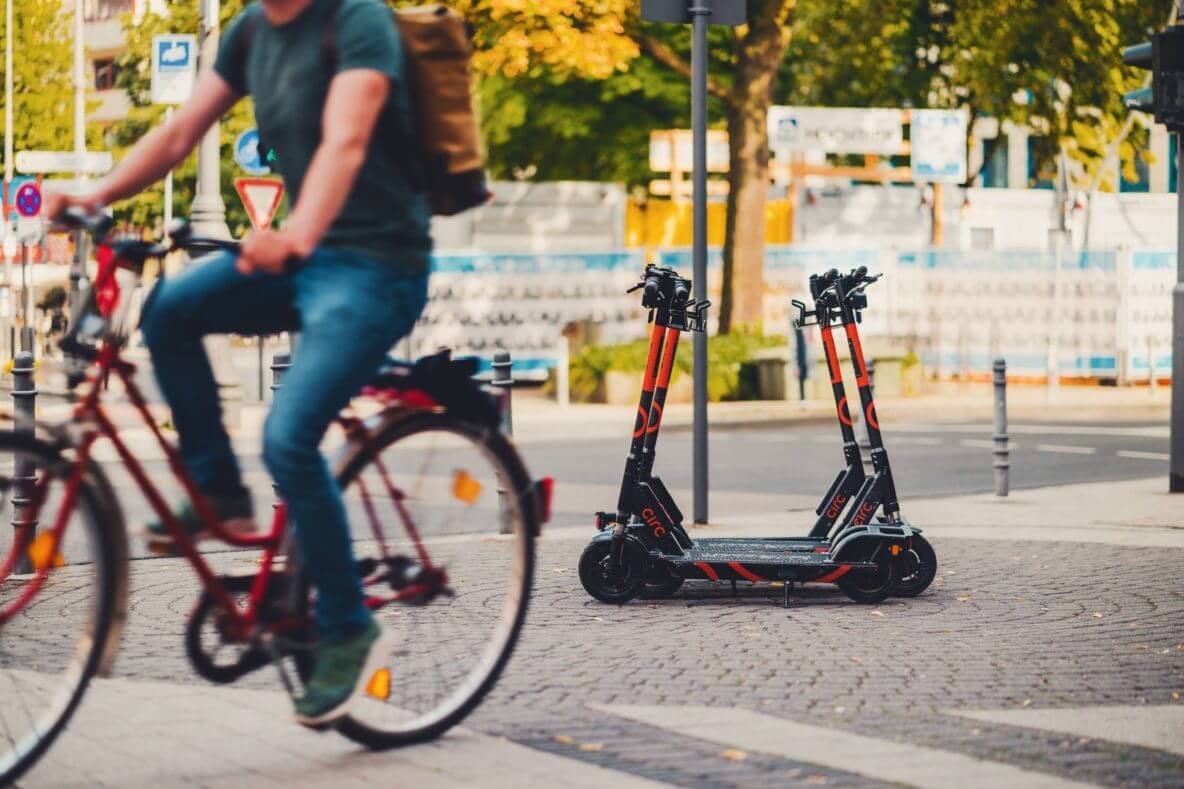













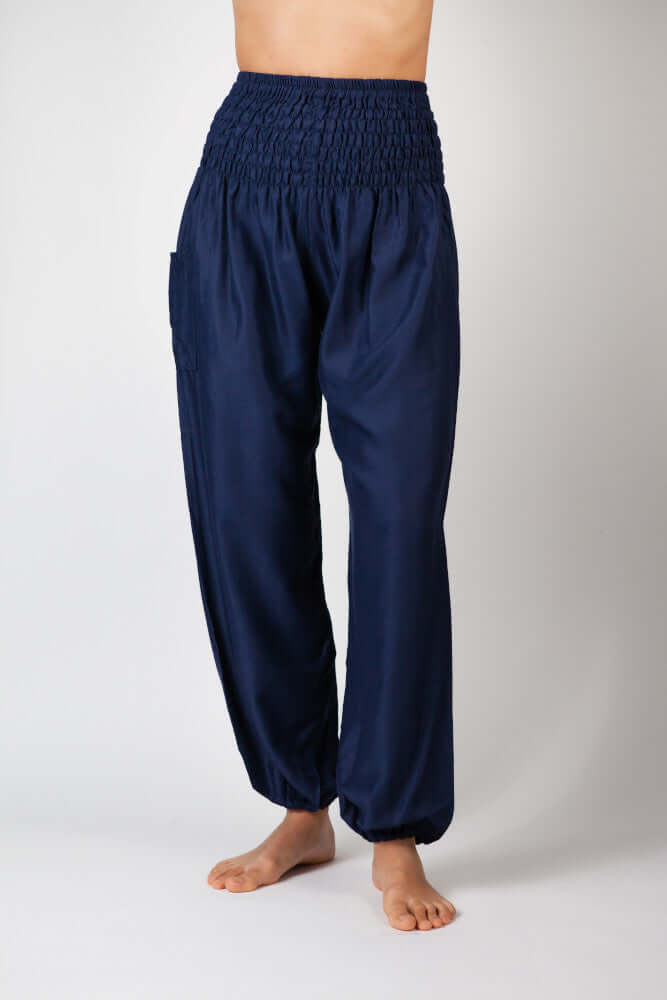
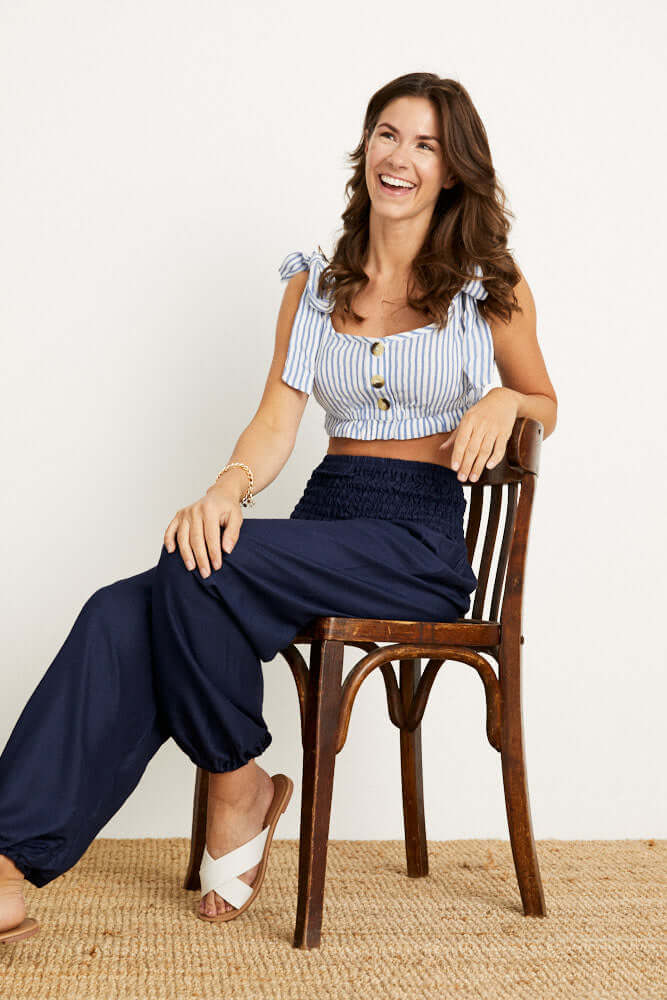
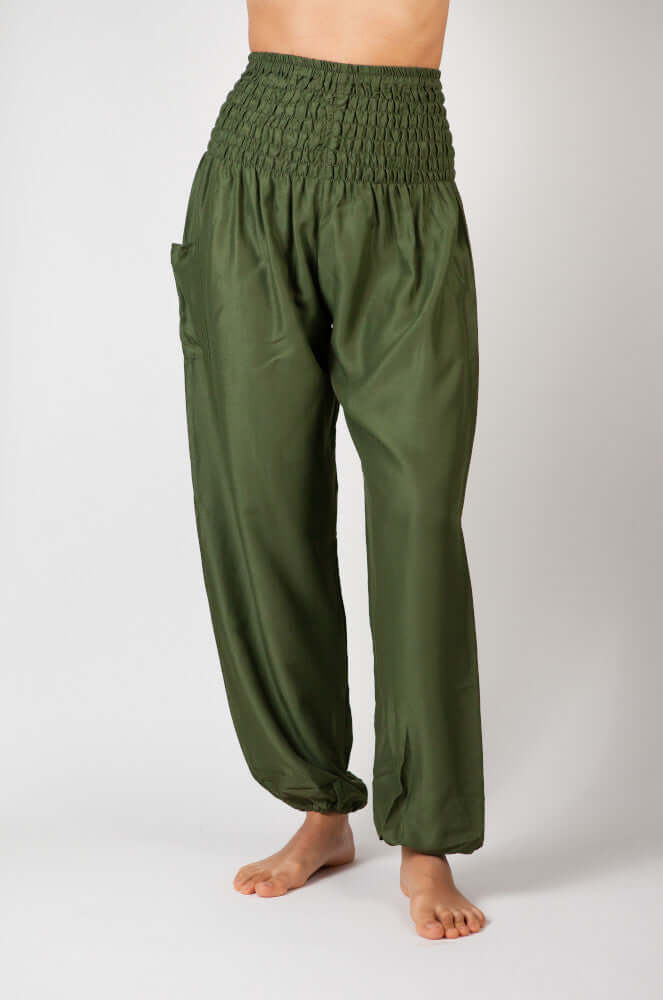
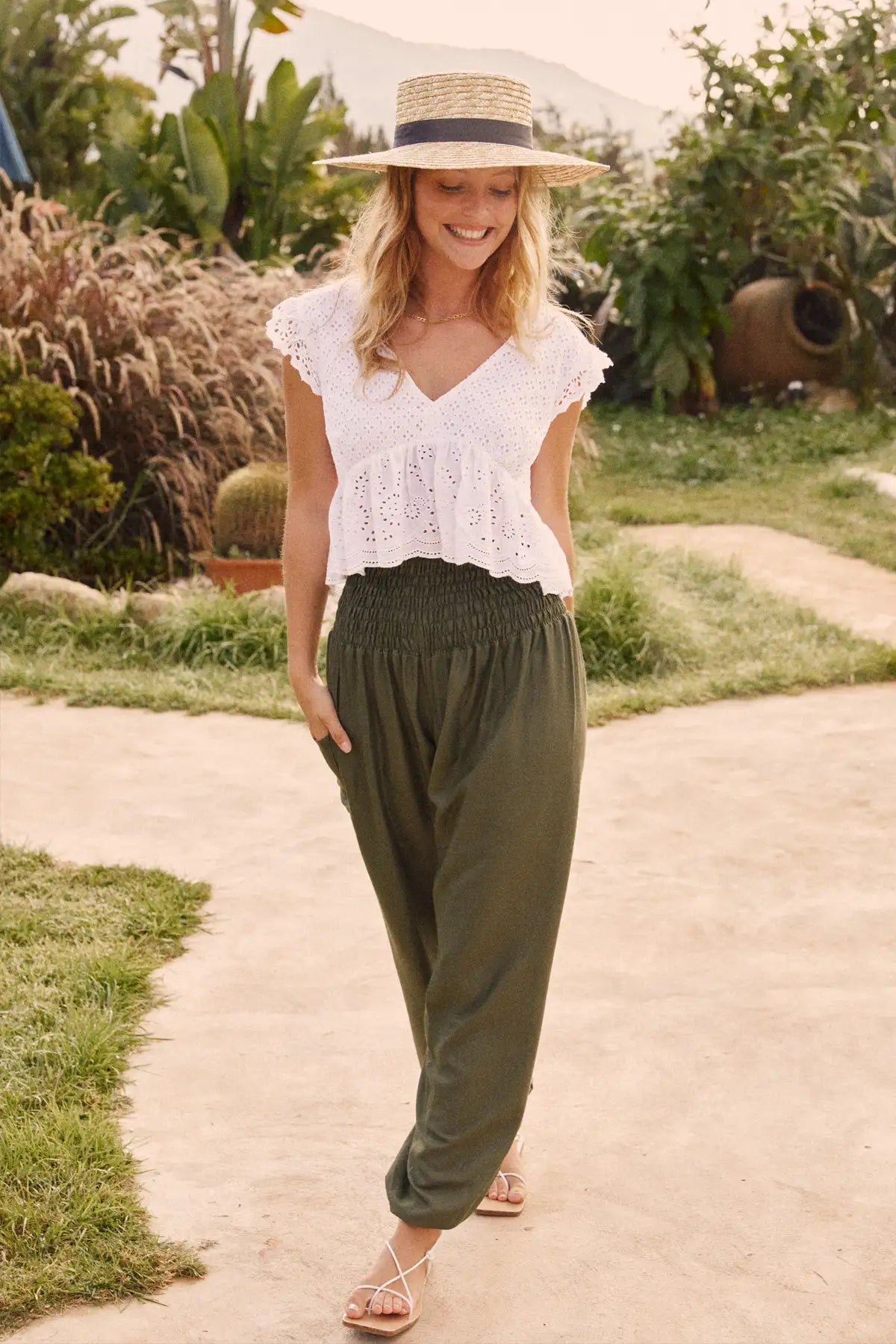
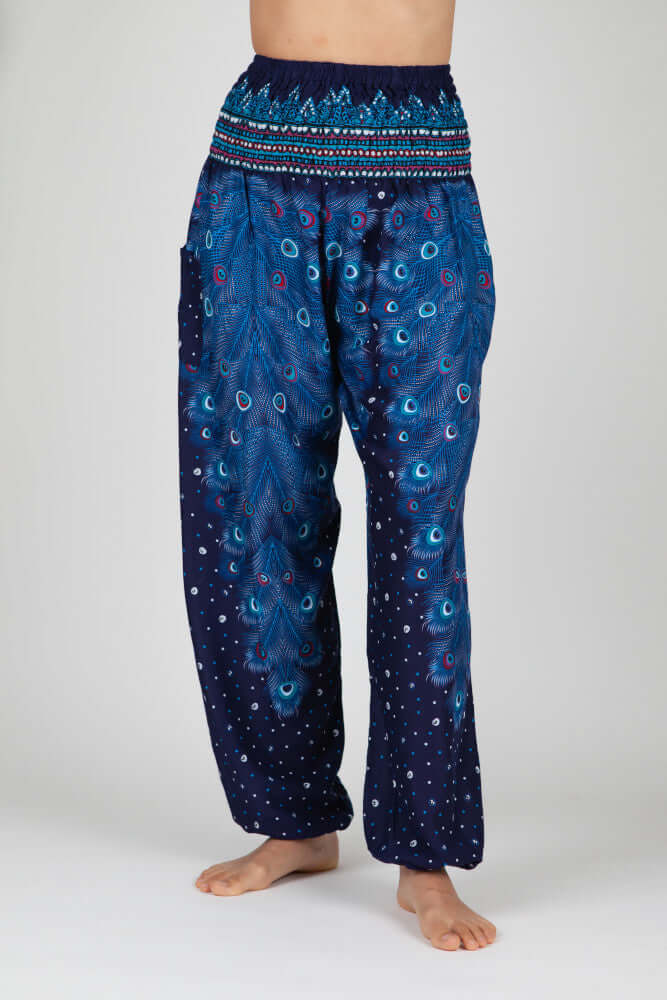

Leave a comment
This site is protected by hCaptcha and the hCaptcha Privacy Policy and Terms of Service apply.